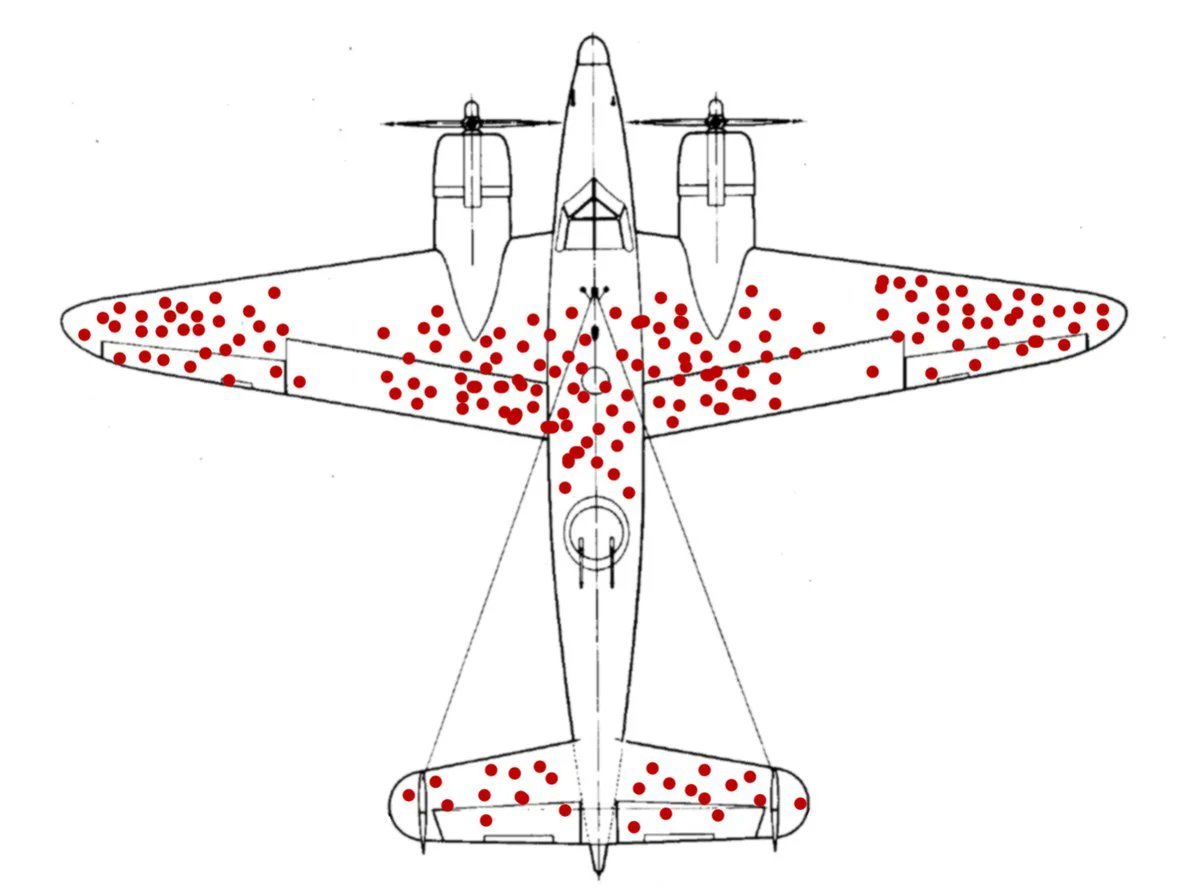
I've started writing a book about the accomplishments of industrial civilization, the major discoveries and inventions behind them, and the meaning of it all.
I'm hosting a 13-month series of discussion salons through the @interintellect_ based on it: interintellect.com/series/jason-c…
I'm hosting a 13-month series of discussion salons through the @interintellect_ based on it: interintellect.com/series/jason-c…
The book is very much a work in progress—won't be out for a couple of years. But we'll go through the outline chapter by chapter. Each month I'll present the material I have so far and the open questions I'm still researching, and we'll discuss.
interintellect.com/series/jason-c…
interintellect.com/series/jason-c…
This is your chance to get a sneak preview, to see inside my writing process, and to give feedback that will shape the published book.
Third Sunday of each month, from April 18, 2021 through May 15, 2022. 10am–1pm US Pacific. Here is the schedule:
Third Sunday of each month, from April 18, 2021 through May 15, 2022. 10am–1pm US Pacific. Here is the schedule:
1. Intro (Apr ‘21) What is “progress”, and why should we care? How the history of progress is relevant to today. How to even approach such an enormous topic and make it digestible. The book’s three big themes about how progress has transformed our lives.
interintellect.com/event/the-stor…
interintellect.com/event/the-stor…
2. Manufacturing (May ‘21) How we make stuff, from stone tools to 3D printing. Improved materials; automated processes. The role of precision. Bonus: does automation reduce costs, or improve quality?
3. Agriculture (Jun ‘21) How we made farm labor 2,000x more productive, so we can feed ourselves with 3% of the workforce instead of more than 50%. The role of soil fertility, crop varieties, mechanization, and refrigeration.
Summer break (July ‘21)
Summer break (July ‘21)
4. Energy (Aug) The fundamental general-purpose technology of production. Why is the steam engine the symbol of the Industrial Revolution? The goals engine designers have pursued for 300 years. Why oil was needed for the evolution of engines. Electricity as the universal energy.
5. Impacts on Work, Home, and Leisure (Sep ‘21) How increasing incomes transformed our lives. More appliances, fewer servants, better hygiene. Rising wages, falling hours, vacations and retirement. Kids in school, women in the office.
6. Transportation (Oct ‘21) How we get around: planes, trains, and automobiles. Why moving stuff is more important than moving people. Why sailors got lost at sea, and why NY to SF took six months. Why the Wright brothers succeeded when their top competitor had 50x the funding.
7. Information (Nov ‘21) From cuneiform to computing. The three primary goals of IT, and how the three eras of IT have successively addressed them. Why digital technology is a katamari ball that sucks up everything in its path.
8. Impacts on Commerce, Politics, and Culture (Dec ‘21) How great retailers like Sears and Amazon were built on top of revolutions in transportation and information technology. How the railroads helped defeat the Corn Laws. How radio and television created mass culture.
9. Medicine (Jan ‘22) Global life expectancy has 2x'ed—how did we do it? The role of sanitation, vaccinations, and antibiotics—and why we still got COVID-19. Vitamin deficiencies and why we don’t get scurvy or rickets. Why there were no elective surgeries before the 20th century.
10. Safety (Feb ‘22) How have we made ourselves safer from fire, flood, and natural disasters? What about the hazards of technology itself? How to think about the tradeoff between safety and progress.
11. Is Progress Good? (Mar ‘22) Does material progress translate to human well-being? Are we stuck on a hedonic treadmill? And even if progress does have benefits, is it worth the costs and risks?
12. Can Progress Continue? (Apr ‘22) We’ve had a good run. Did we just get lucky? Have we eaten all the low-hanging fruit? Are we constrained by resources? Or are there more breakthroughs left to be discovered?
13. What Should We Do? (May ‘22) If progress is possible and desirable, but not inevitable, then how can we maintain it, protect it, even accelerate it? My message to scientists, engineers, and entrepreneurs.
$250 for the whole series or just $25 for a single session.
BUT—sessions 11, 12, and 13, “the philosophy chapters”, will *only* be open to series ticket holders. If you want to discuss the big picture, you have to do your homework and study your history!
interintellect.com/series/jason-c…
BUT—sessions 11, 12, and 13, “the philosophy chapters”, will *only* be open to series ticket holders. If you want to discuss the big picture, you have to do your homework and study your history!
interintellect.com/series/jason-c…
Really looking forward to this; thanks to the @interintellect_ and @TheAnnaGat for giving me this opportunity!
• • •
Missing some Tweet in this thread? You can try to
force a refresh






